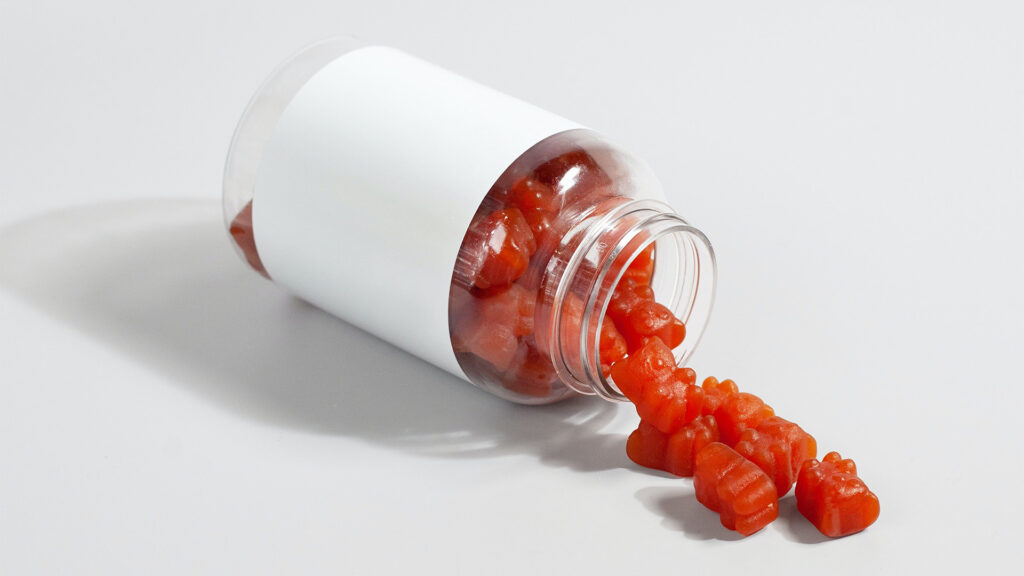The Case For and Against Melatonin Supplementation
Melatonin gummies are a popular over-the-counter option for improving sleep quality. Melatonin, a hormone produced by the pineal gland, regulates the sleep-wake cycle, and synthetic melatonin supplements, including gummies, are widely used to address sleep disturbances. Research indicates that melatonin supplements can be effective in adjusting sleep cycles, particularly for conditions like jet lag or shift work disorder. However, their effectiveness in treating chronic insomnia remains inconclusive.
According to a study published in Sleep Medicine Reviews, melatonin can aid in sleep onset but has a modest effect on overall sleep quality and duration. This suggests that while melatonin gummies may help you fall asleep faster, they might not significantly enhance the depth or restfulness of your sleep.

Are Melatonin Gummies Safe?
When considering any supplement, safety is a key concern. Short-term use of melatonin is generally considered safe for adults, with side effects such as headaches, dizziness, nausea, and daytime drowsiness being relatively uncommon. Long-term safety data is limited, but existing studies suggest that prolonged use does not result in significant adverse effects.
It’s important to note that melatonin is not regulated by the FDA as strictly as medications, leading to potential inconsistencies in dosage and purity among products. For this reason, choosing high-quality melatonin gummies from trusted sources is essential, especially when addressing sleep disturbances.

Melatonin Dosage and Considerations for Children
Determining the appropriate melatonin dosage varies based on individual needs and the specific sleep issue being addressed. Experts often recommend starting with the lowest effective dose, typically ranging from 0.3 to 1 milligram, taken one to two hours before bedtime. Higher doses may lead to increased side effects without significant benefits. Consulting a healthcare provider is advisable to determine the optimal dosage for your situation.
The use of melatonin in children is a topic of ongoing research. While some pediatricians may recommend melatonin for children with specific sleep disorders, there is no established safe dosage for this population. Potential side effects in children include bedwetting, drowsiness, headaches, and agitation. Given the lack of long-term safety data and the potential for inaccurate labeling of over-the-counter products, it’s crucial to consult a pediatrician before administering melatonin to a child.
For more detailed insights, explore these resources:
Ready to Partner with a Manufacturer That Cares?
At Organic Supplement Manufacturing, our commitment to personalized service and clear communication sets us apart. If you’re looking for a partner who truly cares about your success, we’re here to help you create high-quality gummies that make an impact.
Contact Us Today!
